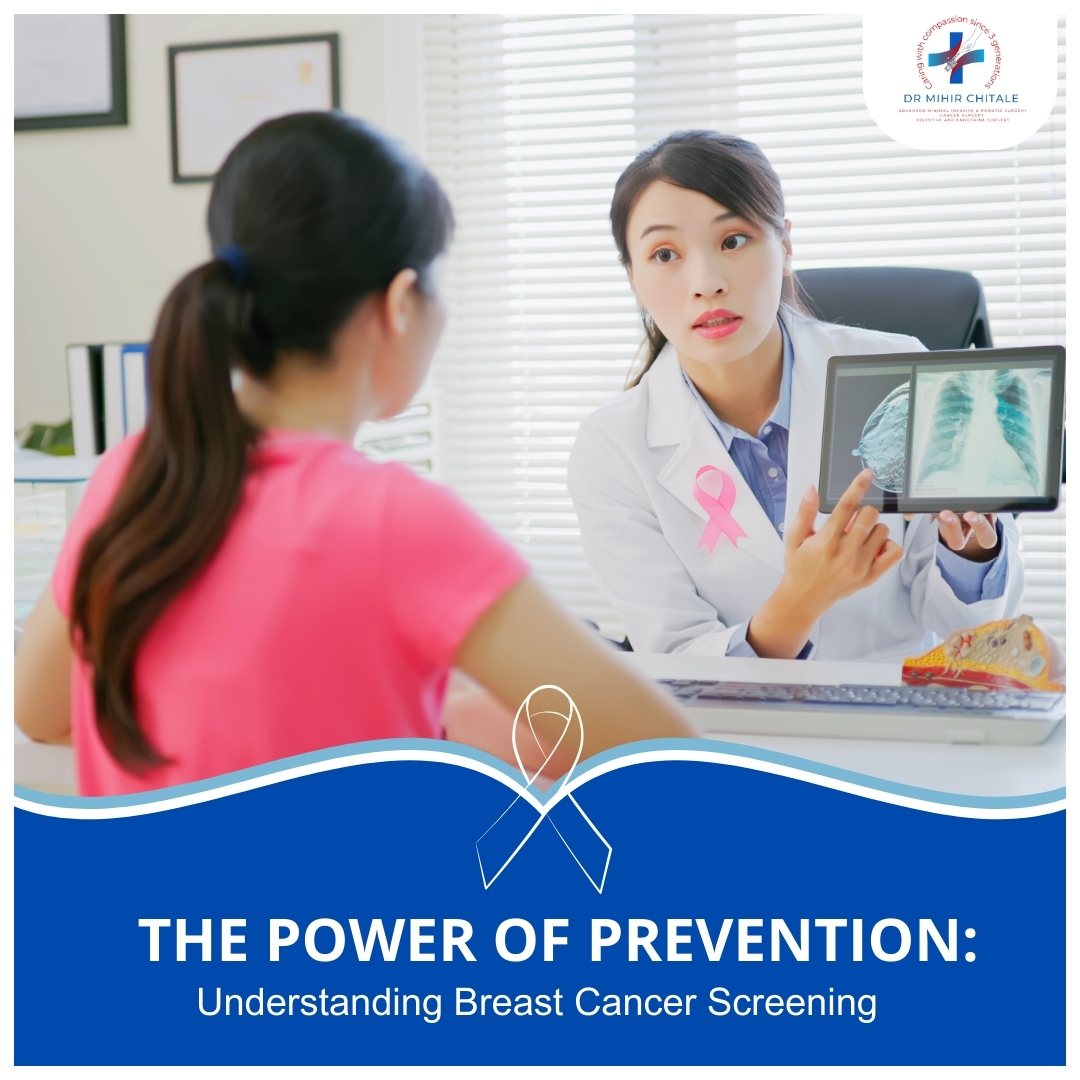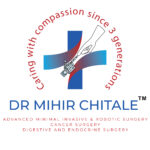
The Power of Prevention: Understanding Breast Cancer Screening
Breast cancer is a global health concern, affecting millions of lives each year. However, the good news is that early detection can significantly improve the prognosis and chances of survival. Breast cancer screening plays a vital role in identifying the disease at an early stage when it’s most treatable. In this blog, we will explore the importance of breast cancer screening, the different methods available, and why regular screening should be a part of every woman’s healthcare routine.
Understanding Breast Cancer:
Breast cancer is a malignant tumor that develops in the cells of the breast. It can occur in both men and women, but it is far more common in women. The exact cause is still unclear, but factors like genetics, lifestyle, and hormonal influences are known to play a role.
Why Screening Matters:
Early Detection: The primary goal of breast cancer screening is to detect the disease at an early, more treatable stage. Early diagnosis can often lead to less aggressive treatment options, a higher chance of a cure, and improved quality of life.
Improved Survival Rates: Studies have consistently shown that women who undergo regular breast cancer screening have better survival rates compared to those who don’t.
Tailored Treatment: Early detection allows for more conservative treatment approaches, minimizing the need for extensive surgery, chemotherapy, and radiation.
Types of Breast Cancer Screening:
- Mammography: This is the most common and widely used screening method. It involves taking X-ray images of the breast tissue to detect any abnormalities, such as tumors or cysts.
- Clinical Breast Examination: During this physical examination, a healthcare provider checks the breasts for any lumps, changes in size or shape, or other unusual signs.
- Breast Self-Examination: Women are encouraged to perform monthly breast self-exams to become familiar with the feel and appearance of their breasts. While not a standalone diagnostic tool, it can help detect changes that need further evaluation.
When to Start Screening:
The age at which women should start breast cancer screening can vary depending on individual risk factors. However, general guidelines often recommend:
- Mammography: Starting at age 40 or earlier if you have a family history of breast cancer or other risk factors. After the initial screening, it’s typically advised every one to two years.
- Clinical Breast Examination: At least every three years starting in your 20s, and annually from the age of 40.
Importance of regular breast cancer screening:
Regular breast cancer screening plays a crucial role in detecting the disease at an early stage when treatment options are most effective. It allows for the identification of any abnormalities or changes in the breasts that may indicate the presence of cancer. By undergoing regular screenings, women can improve their chances of early detection and increase the likelihood of successful treatment. Breast cancer is the most common cancer among women worldwide, and it affects millions of lives each year. However, thanks to advancements in medical technology and screening guidelines, the survival rates have improved significantly. Regular screening can detect breast cancer even before symptoms manifest, enabling earlier intervention and potentially saving lives.
The Role of Risk Assessment:
It’s essential to note that not all women have the same risk of breast cancer. Some may require more frequent or advanced screening methods. Discuss your personal risk factors with your healthcare provider to determine the most suitable screening plan for you.
Tips for effective breast cancer screening:
To ensure effective breast cancer screening, it’s important to follow a few key tips. First and foremost, establish an open and honest relationship with your healthcare provider. Discuss your family history, personal risk factors, and any concerns or questions you may have about screening. Secondly, be consistent with your screenings. Regular mammography, as recommended by the latest guidelines, can significantly improve the chances of early detection. Make sure to schedule and attend your screenings as advised by your healthcare provider. Lastly, prioritize self-awareness and self-care. Familiarize yourself with the normal look and feel of your breasts, and promptly report any changes or abnormalities to your doctor. Early detection starts with being proactive and attentive to your own body.
Conclusion:
Breast cancer screening is a critical component of women’s healthcare. Regular screenings can lead to early detection and a higher likelihood of successful treatment. Remember that early diagnosis is the key to improving outcomes. Consult with your healthcare provider to establish an appropriate screening plan tailored to your individual needs and risk factors. In the fight against breast cancer, knowledge, and early action are your best allies.

